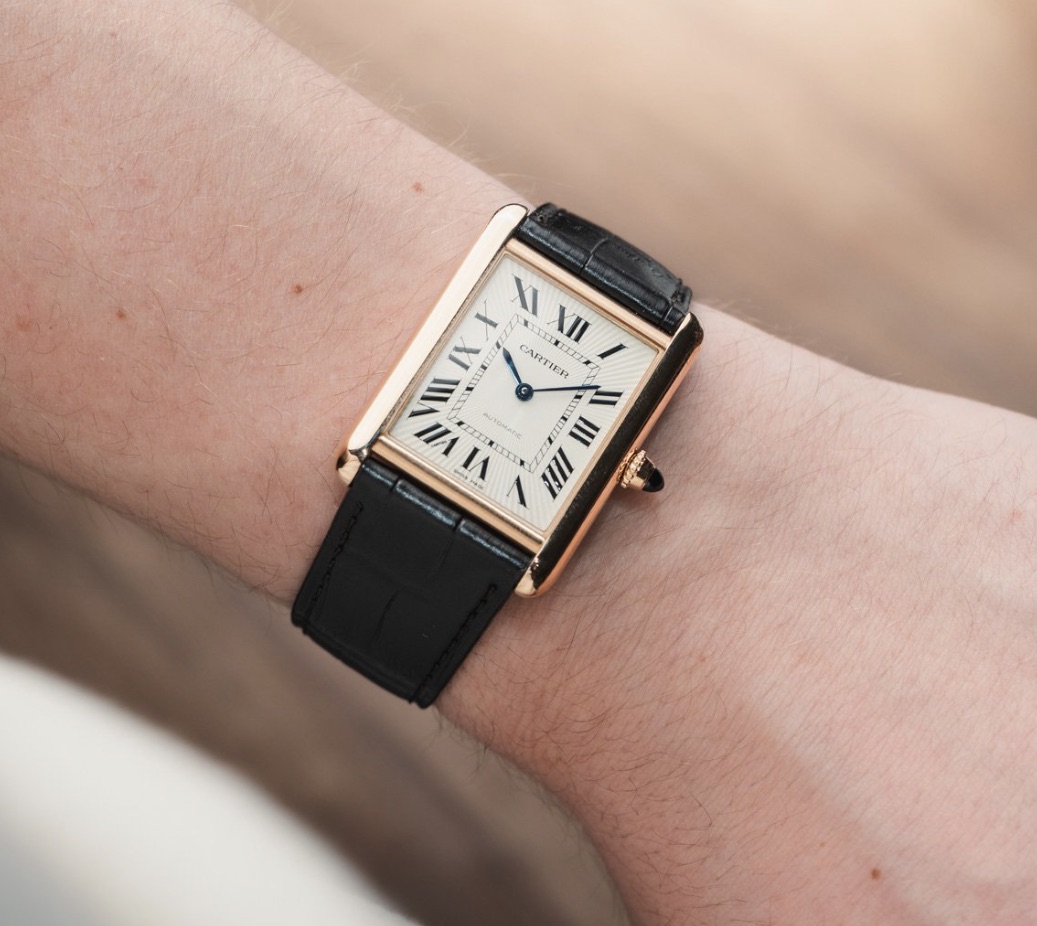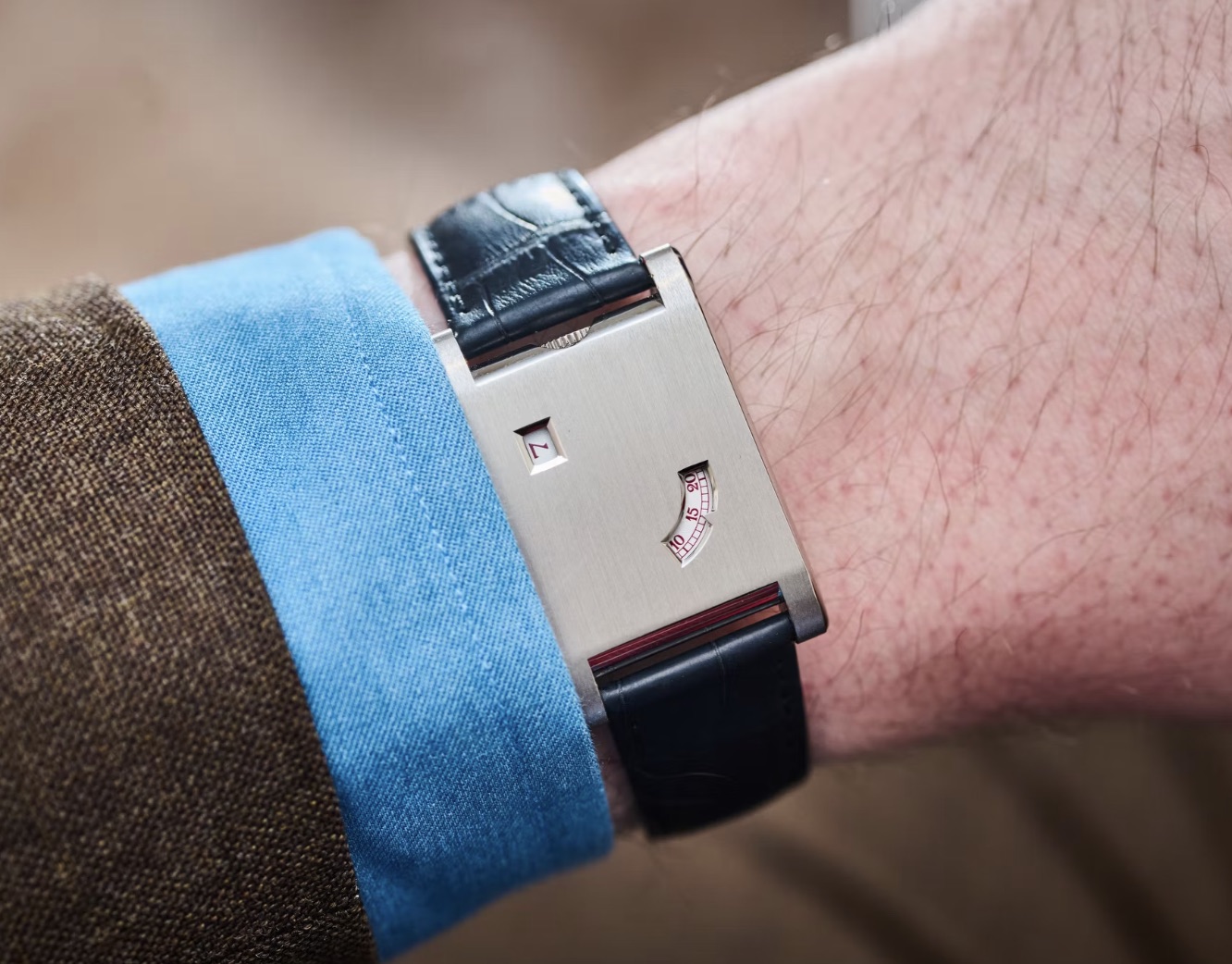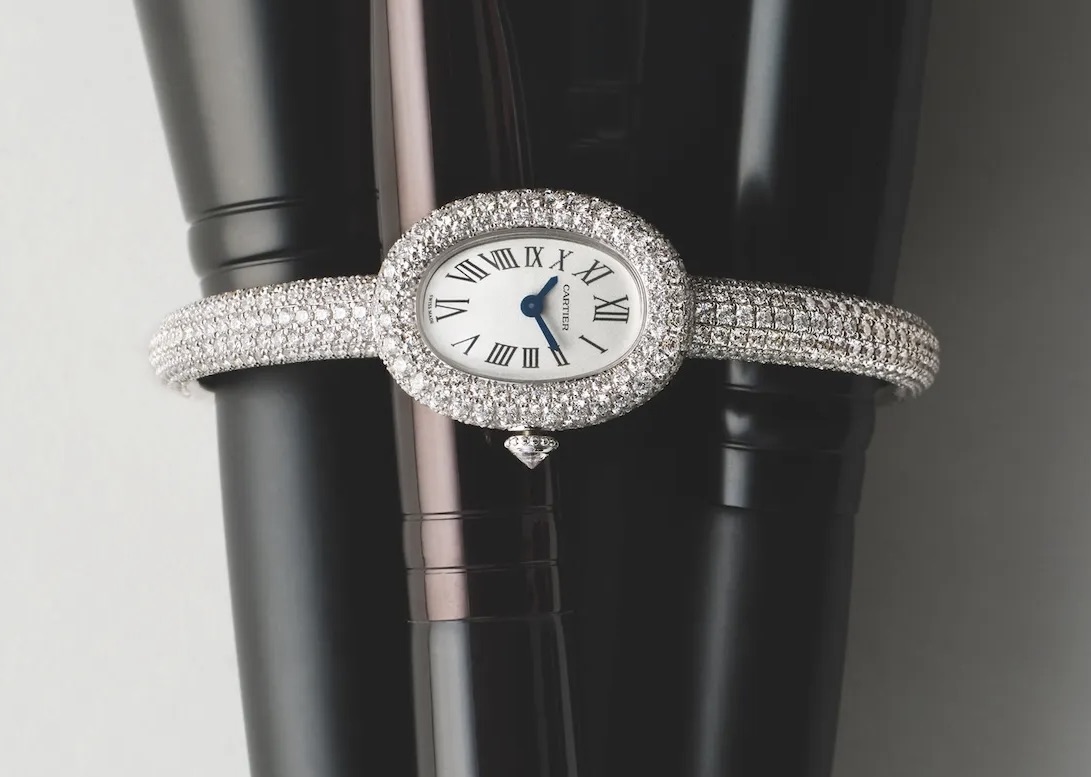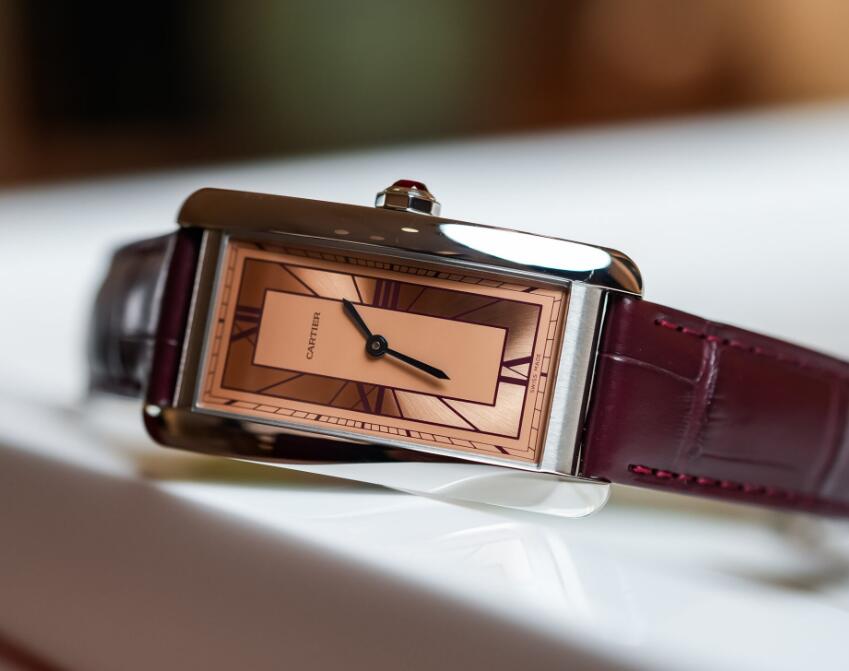TOKYO — Cyrille Vigneron says he has not lost any sleep over super clone Cartier’s market share because his luxury group is on a roll in China, where it has followed customers into the digital realm.
The CEO of Cartier, the crown jewel in Compagnie Financiere Richemont’s stable of super-luxe brands, has rested easy despite a pandemic that has depressed global demand for luxury goods and the sale of American jewelry purveyor Tiffany & Co. to LVMH, Richemont’s rival.
“In jewelry, brands tend to copy each other, and we don’t do that,” Vigneron told Nikkei Asia in an interview on Tuesday. “If you cultivate that distinctiveness and desirability, then there is no problem of competition.”
Richemont has long outpaced LVMH, the world’s largest luxe group, in the “hard luxury” market of jewelry and perfect super clone watches. Purchasing Tiffany was seen as LVMH’s bid to catch up to Richemont, whose jewelry and watches revenue in 2018 totaled 9.16 billion euros ($10.8 billion), twice that of LVMH.
Richemont, with its jewelry houses Cartier, Piaget and Van Cleef & Arpels, recorded an operating profit of 452 million euros in the first half of the year, down 61% from a year earlier, per results posted last week, but Vigneron says Cartier jewelry has been selling well during the pandemic.
“You need less fashion and makeup at home,” Vigneron said, “but jewelry plays its role” in commemorating special events such as birthdays and anniversaries.
Speaking at the annual Nikkei Global Management Forum via video link, he said consumers stuck at home are investing their would-be travel budget in jewelry.

Though not enough to make up for losses in Europe, Richemont’s sales in China rose 78% in the July-September quarter. Vigneron says Cartier was prepared for recovery after China emerged from the coronavirus because of years of investment.
“From 2000, we created a solid network of physical stores in key cities and also did a lot of activities to make the brand known,” Vigneron said. Cartier has held several exhibitions in China, including last year’s “Beyond Boundaries” show that welcomed over 600,000 visitors to Beijing’s Palace Museum.
“In China, you have to be present and express everything you do,” he said. “So Cartier’s brand awareness has been very high, but also the respect and understanding of what it stands for.”
For Vigneron, who has spent most of his career at Cartier save for two years at the helm of LVMH Japan, the key is knowing your customer. Chinese nowadays prefer to shop online. In Japan, older Cartier customers go to the brand’s Ginza location, while younger clients shop in Harajuku.
Cartier has been riding Richemont’s partnership with Alibaba Group Holding. Last year, Richemont opened a flagship store containing 130 of its brands on Alibaba’s Tmall Luxury Pavilion, which re-creates the boutique experience virtually.
“It has a strong impact on the customers of Tier 2 or Tier 3 cities, where there’s no real shopping mall environment big enough to justify having a physical store,” Vigneron said.
Laying the groundwork for e-commerce — which has attracted upturned noses from luxury maisons Chanel and Hermes — helped Cartier retain sales even as China went into lockdown. Top Swiss super clone Cartier sales staff also use Tencent’s WeChat mini program to connect with individual customers.
Together with Alibaba, Richemont will invest $1.1 billion into London-headquartered online retailer Farfetch. The deal adds a second online fashion platform to Richemont’s portfolio, in addition to Yoox Net-a-Porter, purchased in 2018.
“In the past, growth was kind of linked to additional stores,” Vigneron said during a public session with Financial Times editor Roula Khalaf. “I would say we can grow without additional stores. That’s the new thing.”
Asian customers, he observed, prefer slim, delicate jewelry. “In Japanese culture, formal wear usually does not decorate the decollete, so Japanese consumers don’t go toward big necklaces, unlike the Middle East and Russia,” Vigneron said. “They go more toward rings and brooches for kimono.”
Cartier’s iconic collections have retained popularity among Asian customers, giving Vigneron confidence that Richemont can continue to outpace LVMH and Tiffany. Two collections from the 1970s, Love and Juste un Clou, have remained popular worldwide, while the cheap fake Cartier Tank Francaise watch collection “is still very much in demand” in Japan.
“We’ve been revitalizing our icons,” Vigneron said, “because that is what makes the brand different from any other.”



